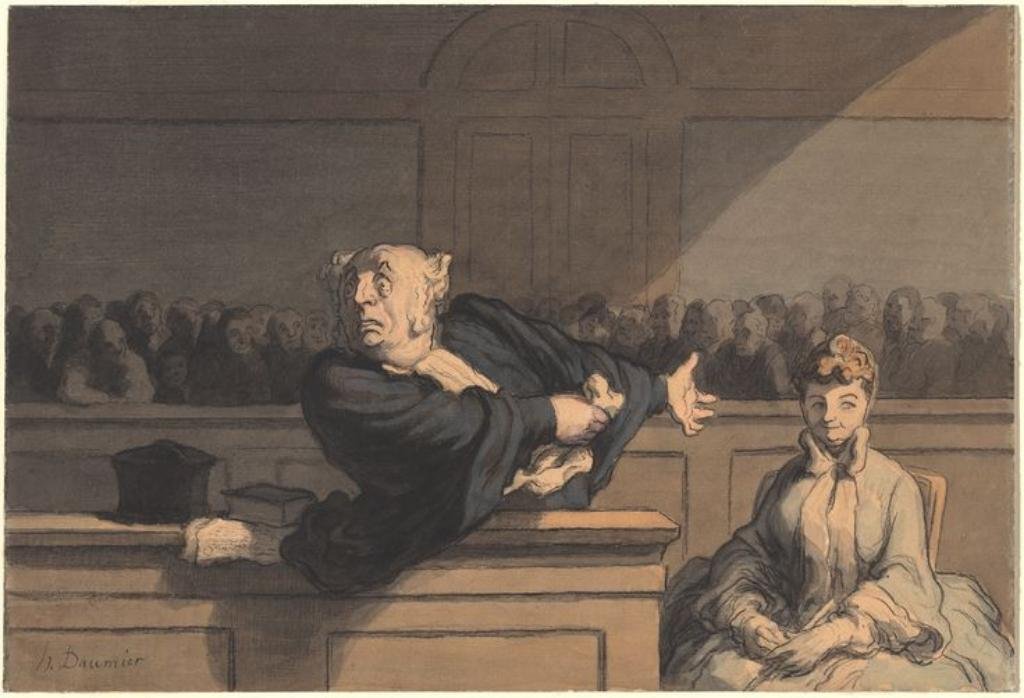Women in Male Fields

"Women in Male Fields"
Madonna Isabella and The Physician from The Decameron is the tale 6 on Day 7. This is a comic narrative centered on adultery, wit, and gender power dynamics.
Madonna Isabella is married to a jealous and controlling physician, Master Gianni. She is having a secret affair with a young man, Leone. One day, Master Gianni suspects something is going on and decides to test his wife's loyalty. He tells her that he has to leave town but secretly stays nearby. Once he's gone, Isabella invites Leone over. However, Gianni sneaks back into the house and catches them in the act.
But Isabella keeps her composure and immediately turns the situation around. She pretends that it was all a setup to prove her husband's jealousy; she told him that Leone is her accomplice to show her husband she has nothing to hide.
Gianni, caught off guard and worried about how it might look if he escalates the situation, is forced to pretend to believe her.
The tale thrives on dramatic and situational irony. Master Gianni hides to catch his wife committing adultery, but instead of exposing her, he's forced to play along with her story to avoid looking foolish—the accused becomes the accuser.
Motivated by desire and secrecy, she risks adultery but is also motivated by self-preservation and cleverness. When caught, her priority becomes protecting herself and her lover. This tale discusses the themes; Social Reputation, Hypocrisy, Wit and Intelligence, Marital power struggles, etc. The story touches on themes still debated today—power imbalances in relationships, gendered expectations, and double standards in fidelity.
This tale and its context may be viewed as morally wrong—after all, it centers on adultery, deception, and the manipulation of trust within marriage. Madonna Isabella is unfaithful to her husband, and rather than facing consequences, she uses cunning rhetoric to escape punishment and humiliate her suspicious spouse. However, this tale stands out because it challenges conventional power structures and expectations of the time. In 14th-century society, women were often subject to rigid control, limited autonomy, and were frequently blamed for moral failings. In this context, Isabella’s quick thinking is not just an act of deception—it becomes a form of resistance, a subtle protest against male dominance and marital inequality.So while the tale may not offer a model of virtuous behavior, it provides a valuable window into historical attitudes about gender, power, and marriage—and it continues to provoke thought and discussion today.







